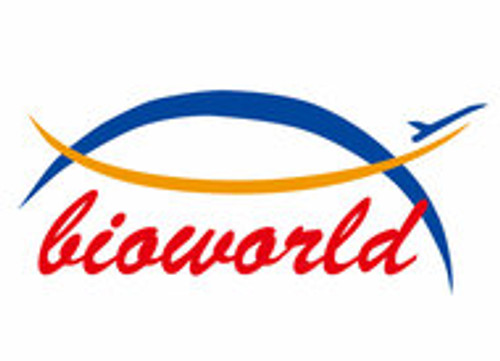Product Description
UBC polyclonal antibody is available at gentaur for next week delivery
Background: Ubiquitin can be covalently linked to many cellular proteins by the ubiquitination process, which targets proteins for degradation by the 26S proteasome. Three components are involved in the target protein-ubiquitin conjugation process. Ubiquitin is first activated by forming a thiolester complex with the ubiquitin-activating enzyme (UBE1 or E1). The activated ubiquitin is subsequently transferred to the ubiquitin-carrier protein E2, and then from E2 to ubiquitin ligase E3 for final delivery to the ε-amino group of the target protein lysine residue (1-3). Combinatorial interactions of different E2 and E3 proteins result in substrate specificity (4). UBE1 has two isofoms: UBE1a is a nuclear protein of 117 kDa while UBE1b is a nuclear and cytoplasmic protein of 110 kDa (5).
Applications: WB IHC IF
Purification&Purity: The antibody was affinity-purified from rabbit antiserum by affinity-chromatography using epitope-specific immunogen and the purity is > 95% (by SDS-PAGE).
Storage&Stability: Store at 4°C short term. Aliquot and store at -20°C long term. Avoid freeze-thaw cycles.
Specificity: UBC polyclonal antibody detects endogenous levels of UBC protein.
W4BiowMW: ~ 12, 25 kDa
Reactivity: Human,Mouse,Rat
Note: For research use only, not for use in diagnostic procedure.
Immunogen:
A synthetic peptide of human UBC.Alternative Name:
UBC; HMG20; Ubiquitin;Western blot analysis: Western blot analysis of UBC antibody.
Immunohistochemistry: Immunohistochemistry of FFPE section of human breast carcinoma using UBC antibody.
Immunofluorescence analysis: Immunohistochemistry of paraffin-embedded human liver using UBC antibody at dilution of 1:100 (40x lens).
Host: Rabbit
Swiss-Prot: P0CG48
"








